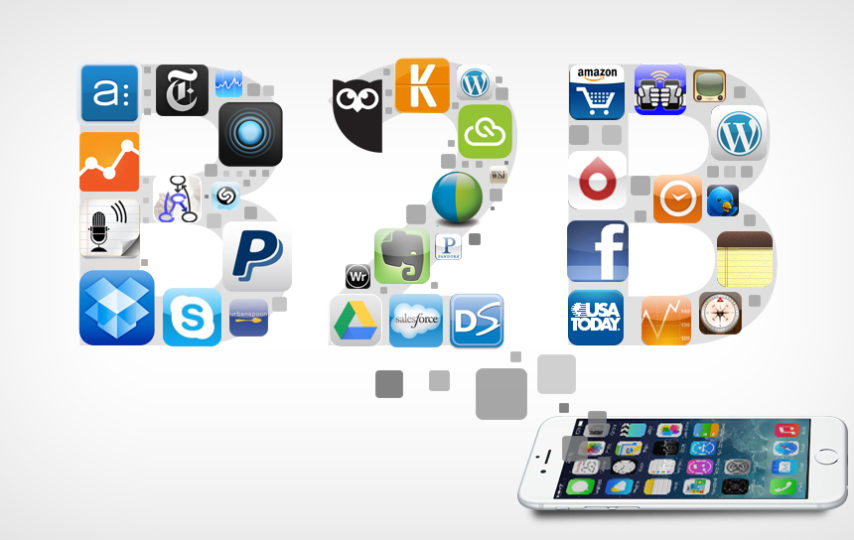The sort of audience pursued affects business objectives. Businesses targeting other businesses as customers are known as business-to-business (B2B), while businesses pursuing a consumer audience are known as business-to-consumer (B2C).
The market automation processes are dramatically different, and the strategies for these two kinds of business structures are vastly different. Depending on the goal parameters set by your business’s framework, different technologies, analytics and data would be used.
What Is Marketing Automation?
Marketing automation is a technological approach (software) that enables businesses to make greater use of their resources (time, people) and processes (campaigns, lead nurturing, emails) in order to maximize the effectiveness of their marketing activities (revenue).
In today’s rapidly evolving digital landscape, marketing automation has become a crucial tool for businesses of all sizes. The market is flooded with a variety of marketing automation software platforms that offer a range of features and functionalities to help businesses streamline their marketing efforts.
One popular option is all-in-one marketing automation software, which provides a comprehensive suite of tools for managing various aspects of your marketing campaigns. Alternatively, you can opt for a software platform that is specifically tailored to your business type.
What is B2B vs. B2C in Marketing Automation?
The only distinction between B2B and B2C is the client. A B2B company offers its goods or services to other companies, while a B2C company sells directly to individuals. Marketing automation should be used with both types of businesses. However, due to differences in consumer behavior, they must modify how they are using this technology.
However, keep in mind that both industries have the same end target in mind: more sales. To do this, they will use a variety of marketing strategies.
Differences between B2B and B2C in Marketing Automation
To better explain the differences between B2C and B2B marketing automation technology use, let’s look at the differentiating factors separately.
Channels of Communication
B2C companies can reach out to consumers via platforms such as web, email, mobile, social media, but even Television, radio, or even billboard advertising because of how they aim to interact with broader and more diverse groups of customers. B2B companies do not use as many outlets as B2C companies. Email is the most common B2B platform, but B2B advertisers may also use search, mobile, and social media, but not Television or radio.
Key Performance Indicators (KPIs)
Although sales are the main target for both B2C and B2B marketing, various metrics are used to assess how well their strategies are doing.
B2B advertisers consider:
- Speed to lead
- Quality of leads
- Account lifetime value
B2C marketers consider:
- Shopping cart abandonment rates
- Email open rates
Focus of Engagement
Individual consumer retention and retargeting are more emphasized in B2C marketing automation. Although B2B marketing automation also emphasizes on retention, it does so at the account stage and is more concerned with lead nurturing and scoring. B2B technology is increasingly assisting marketers in capturing both individual and account level intelligence in order to generate engagement that feels intimate, as it does in B2C.
Working with Data
B2B advertisers monitor consumers’ surfing habits on their sites and examine their past experiences with their company (if any), their history, details on their organizations, roles, and titles. Using this data, they segment their audiences and target them with appropriate content, like industry news, thought leadership, and product updates. Furthermore, B2B marketers prefer to combine their marketing automation with a CRM system to assist with this, while B2C marketers do not.
B2C advertisers must have the authorization to communicate on any platform. They need permission to connect before incorporating as much social media, third-party data, and behavioral data as possible to personalize their advertising.
Both platforms are constantly refining their tactics in order to meet a variety of objectives. They’ve both been changing their priorities. For instance, B2B marketers are now focusing on multichannel interaction, while B2C marketers are now focusing on lead nurturing.








